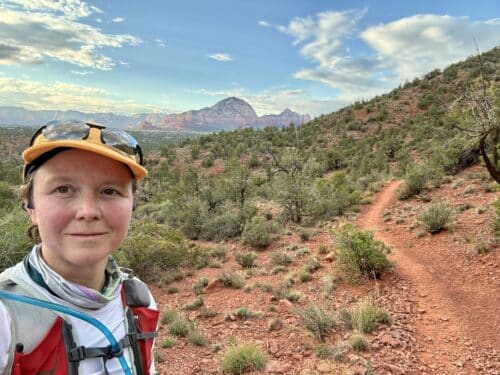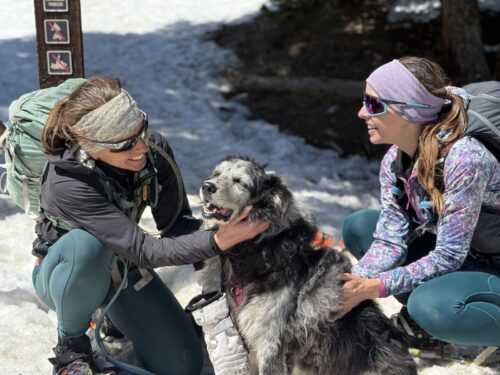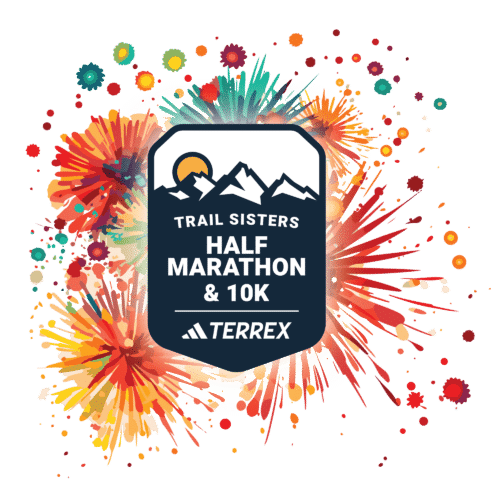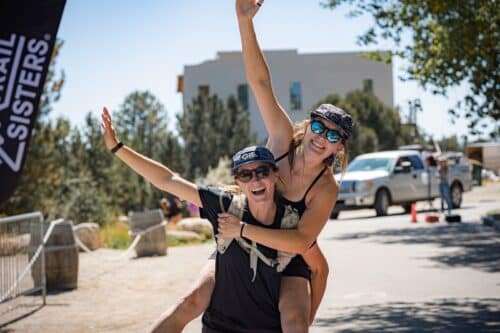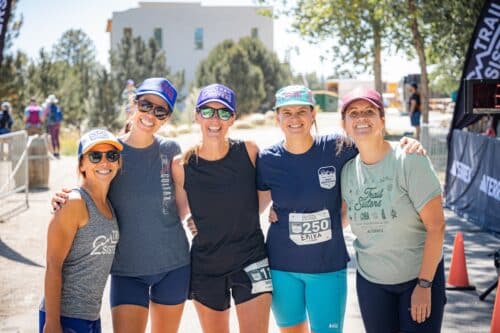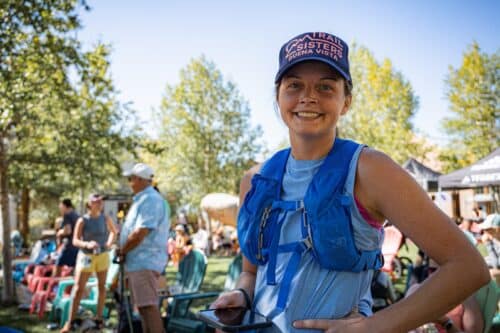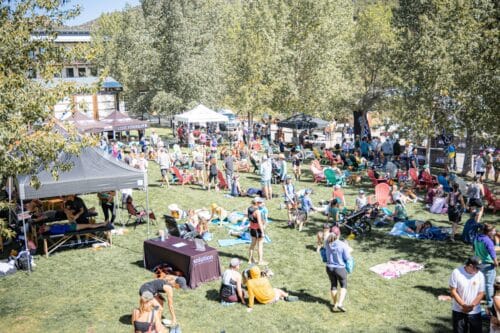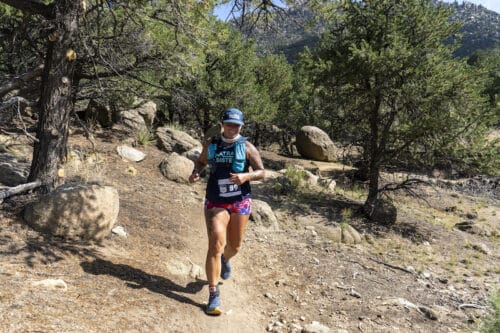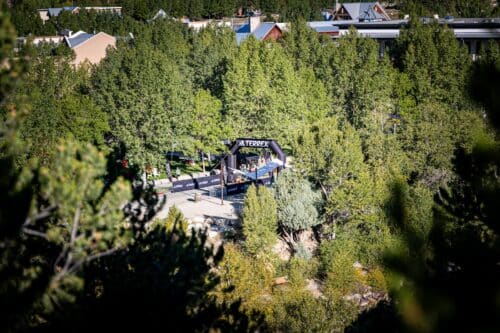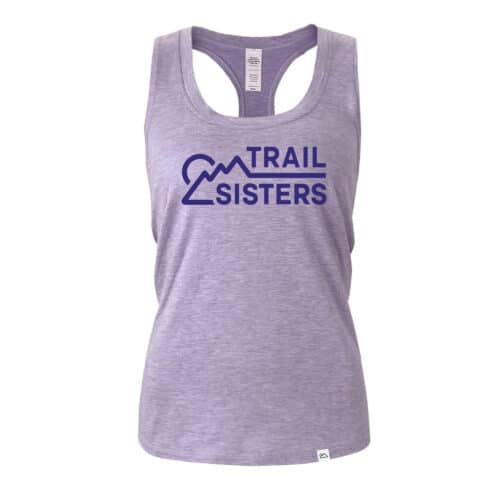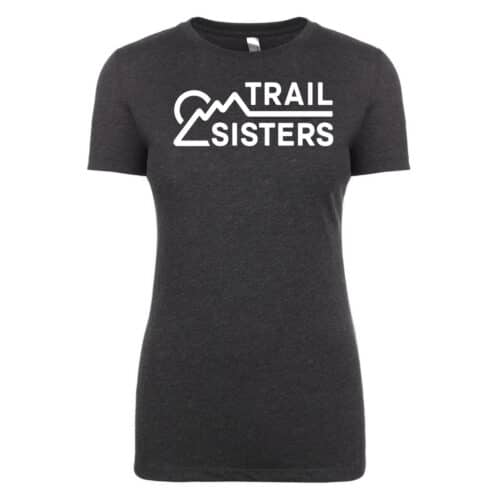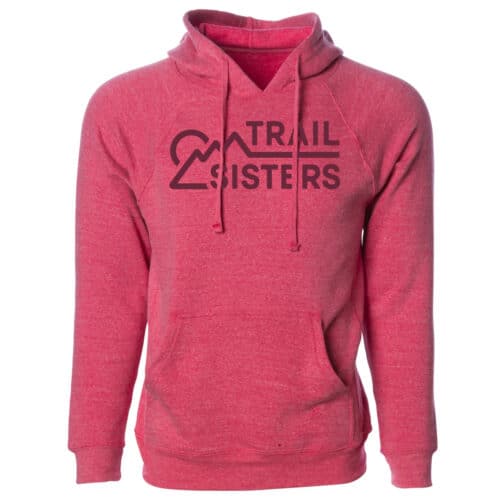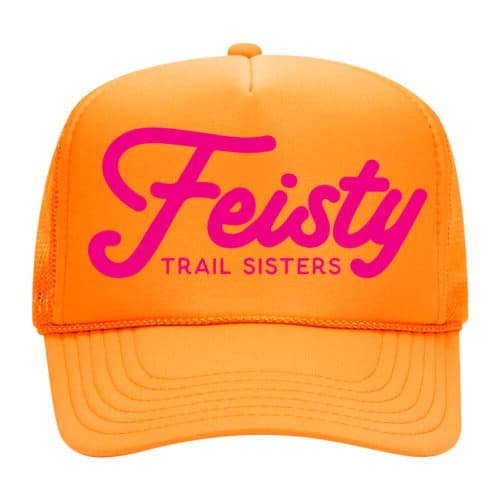Main Menu
Running Up for Air (RUFA) Expands in 2024, and We All Should Care

Freelance writer/editor Lisa Jhung has been covering running for over 20 years, having been an editor at Trail Runner Magazine, a co-founding editor at Adventure Sports Magazine, a contributing editor at Runner’s World, and now a frequent contributor and columnist for Outside. She’s written two books, “Trailhead: The Dirt on All Things Trail Running” (2015) and “Running That Doesn’t Suck: How To Love Running (Even If You Think You Hate It)” (2019).
Share This Article!
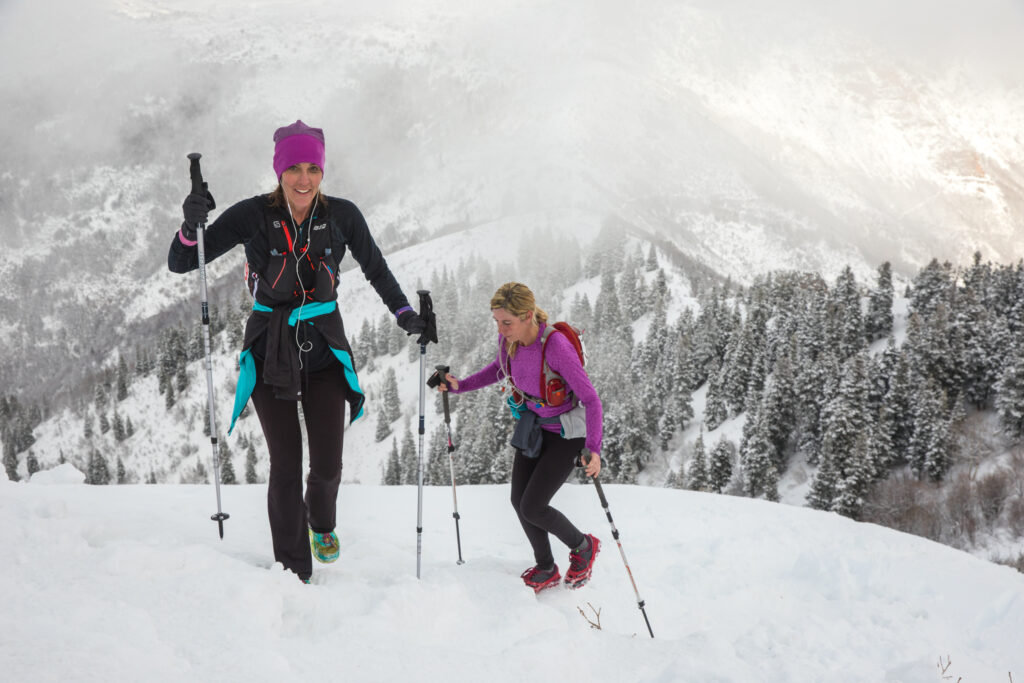

By: Lisa Jhung
Hit the trails, climb a peak, and join a community on a mission for cleaner air while raising awareness this winter.
Running Up for Air, an endurance trail event aimed at raising awareness—and funds—for clean air, expands its offerings in 2024 and gains Patagonia as its title sponsor.
The event started a grassroots effort by ultrarunner Jared Campbell during the winter of 2011-2012 as he trained for the Barkley Marathons. He explains how each time he climbed and descended Salt Lake City’s 8,299-foot Grandeur Peak, he’d escape the murky, polluted air into a cleaner, bluer sky. He’d then tag the peak and descend back into the grayish, brownish air. “You can taste the difference,” he says.
The disturbing part, he adds, was that he realized what he was diving back into with each descent: “what two-and-a-half million people, including your families, your friends, your loved ones live in and breathe in.”
That winter, Campbell planned a 24-hour effort to summit the peak 10 times in preparation for the Barkleys. “I just sort of put it out there, letting people challenge me to maybe pledge to throw in $1 or $2 or $5 for every lap,” says Campbell, who ended up donating $4,000 to Breathe Utah. What’s more, he had roughly a dozen people join him for a lap or two during his effort.
What’s now called Running Up for Air (RUFA) gained popularity over the years, drawing professional runners and friends of Campbell’s, like Luke Nelson, Joe Grant, and Courtney Dauwalter, plus community members. In 2023, the Executive Director of Utah Clean Energy trained to complete one lap of Grandeur Peak with her granddaughter, for instance.
This year, RUFA expands to six in-person events across Utah, Colorado, and Washington state. Each one offering a 6-hour, 12-hour, and 24-hour option of running up and down peaks among a community of like-minded people. 2024 events include:
- Grandeur Peak, Salt Lake City, Utah (February 2-3)
- Kyhv Peak, Provo, Utah (February 9-10)
- Mt. Sentinel, Missoula, Montana (February 10)
- Malans Peak, Ogden, Utah (February 23-24)
- Staunton Rocks, Pine, Colorado (February 23-24)
- Tiger Mountain, Issaquah, Washington (March 10)
Each U.S. event has a participation cap of 200 or 250 people due to permitting—and events often sell-out. But, in addition to the six in-person events, sponsor Patagonia is helping launch Global RUFA Day [add link] this coming June, where participants worldwide will be able to climb their own mountains individually and raise money and awareness for the cause. In 2022, Patagonia launched a European version of RUFA Day. An astounding 126,623 people met up at Patagonia retail stores from Berlin to Verbier, Dublin to Milan to participate.
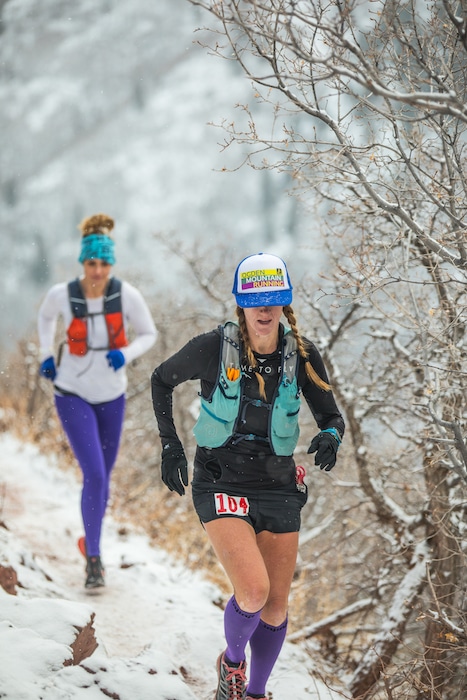
This June, runners and hikers will be able to connect with others at Patagonia stores in their area or select an incline of their choice to complete as many laps up and down as possible. Patagonia North America, South America, Europe, and Asia will all be hosting events and helping drive the virtual mission.
Why We Should Care
Air pollution affects everybody. It is everybody’s problem. But science tells us that environmental pollutants affect women more than men.
A Canadian study conducted in 2022 found differences in levels of 90 proteins between male and female subjects after being exposed to diesel fumes, one of many air pollutants we’re all commonly exposed to on a daily basis. Some of those proteins affect inflammation, blood clotting, heart disease, the immune systems, and muscle damage repair. Frighteningly, the differences became greater among subjects the more fumes they inhaled.
Air pollution from fine particles including diesel and other exhaust and soot, ozone and carbon monoxide gas, gasses from burning coal, oil, or kerosine, fumes from household products like paint and chemical cleaners, and smoke from tobacco, open burning, wood-burning stoves, and wildfires all contribute to the world’s increasing air pollution problem.
Poor air contributes to chronic health conditions like high blood pressure, chronic obstructive pulmonary disease (COPD), and asthma—all of which are more common in women over 50 compared to men over 50.
And tragically, air pollution affects both pregnant women and their unborn babies. The National Institute of Health reports that air pollution may “indirectly harm lung development by causing low birth weight, early birth, or improper immune system development.”
But whoever air pollution affects more than anyone else, it’s a problem. And a growing problem at that.
Now a Non-Profit, and a Growing Movement
With Patagonia’s backing, RUFA became a nonprofit 501(3)(c) in 2024, which allows funds taken in by event entries to be allocated to different entities fighting the same fight. Leslie Keener, communications manager for the series, explains how participants registering for events will be able to select making donations to partner nonprofits or directly to RUFA via drop-down menu when they register. “If we have a little bit of money to work with,” she explains, “we can also decide to fund projects or charities that are local that perhaps aren’t being touched, or we can host ongoing education events or speaker series’ or things like that throughout the year. I think of it as allowing us to get more hyper-local.”
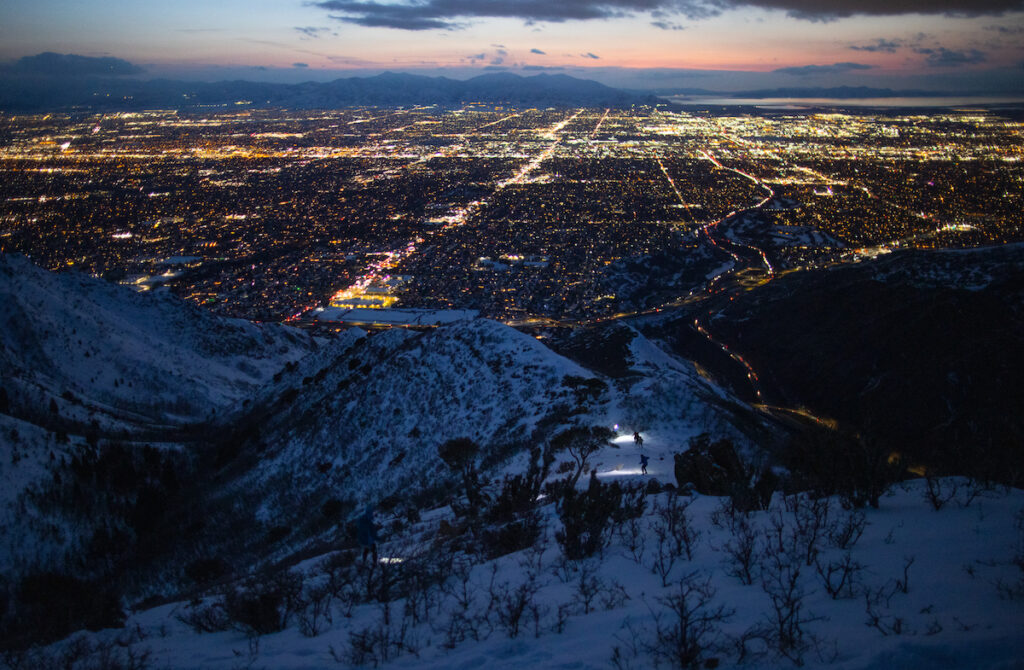
“Bad air quality is disproportionately affecting people of color and women and children and so we need to do more outreach,” she adds. “Yes, this affects all of us, but we need to have communities that are especially aware of this because they’re being more affected by it and we want them as part of this fight.”
On that end, she says that in-person RUFA events may expand to 3-hour participation offerings and much shorter events for kids.
Also moving forward, Keener explains how sustainability within U.S.-based events will be a priority. “We hope that we can be a resource for other race directors,” she says. “We’re trying to see how sustainable we can make a race and then essentially share our resources and our knowledge with other event producers.” Ultrarunner Roch Horton has long run an aid station on Grandeur Peak, washing and reusing tin cups and plates “almost like he’s on a river trip,” says Keener.
RUFA may have started with Campbell, his friends and family, and a seasoned ultrarunner crowd. But it’s snowballed into a massive community effort of runners and hikers who care. “That’s how it has grown,” says Campbell, “with people whose hearts are in the same place.”
About the Author

Freelance writer/editor Lisa Jhung has been covering running for over 20 years, having been an editor at Trail Runner Magazine, a co-founding editor at Adventure Sports Magazine, a contributing editor at Runner’s World, and now a frequent contributor and columnist for Outside. She’s written two books, “Trailhead: The Dirt on All Things Trail Running” (2015) and “Running That Doesn’t Suck: How To Love Running (Even If You Think You Hate It)” (2019).
Share This Article!


